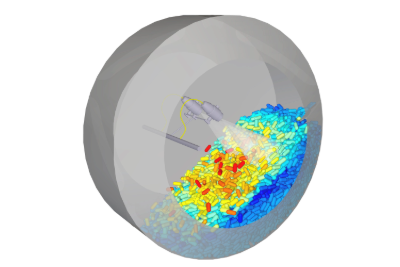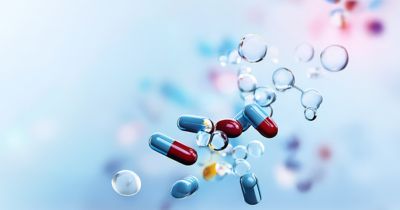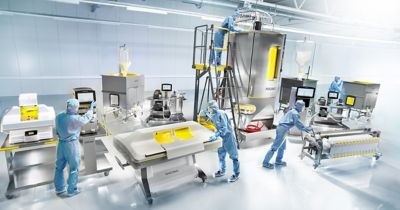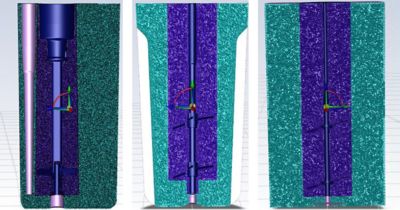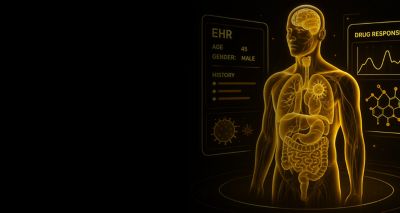Digitally Transforming Drug Manufacturing and Delivery
The drug manufacturing process - from discovery to mass production - is a lengthy and costly endeavor. Ansys, part of Synopsys, provides the in silico technologies, such as computational modeling and simulation (CM&S), artificial intelligence (AI), and digital twins, to optimize and speed up the process safely. Validated, multiphysics models of manufacturing processes, drug-delivery mechanisms, and more ensure innovators create safe and effective pharmaceuticals.
